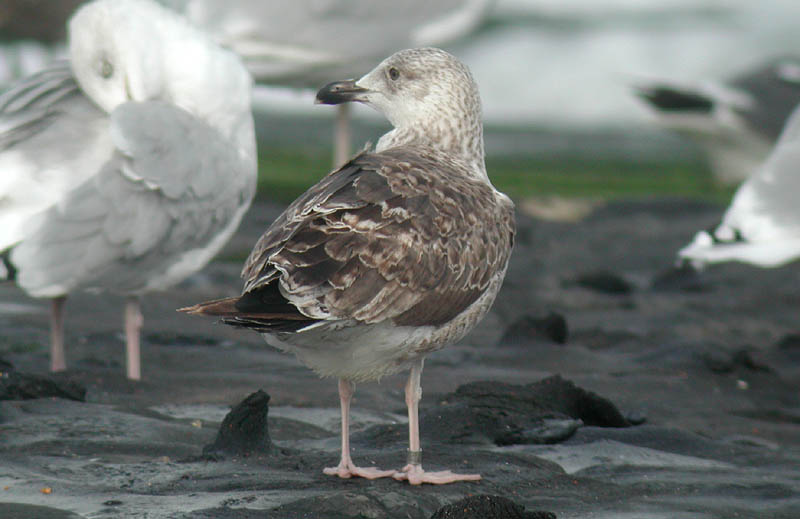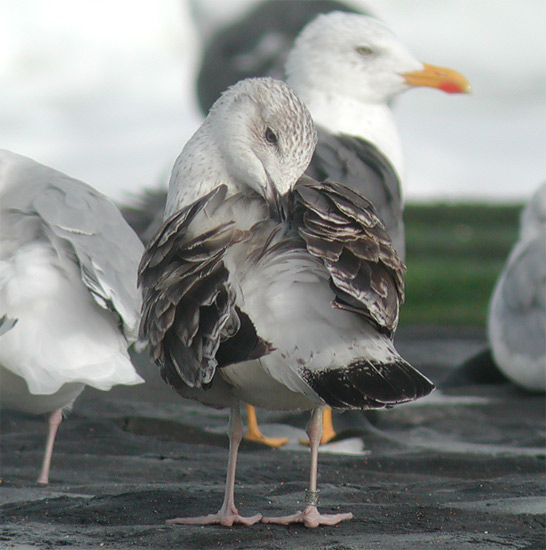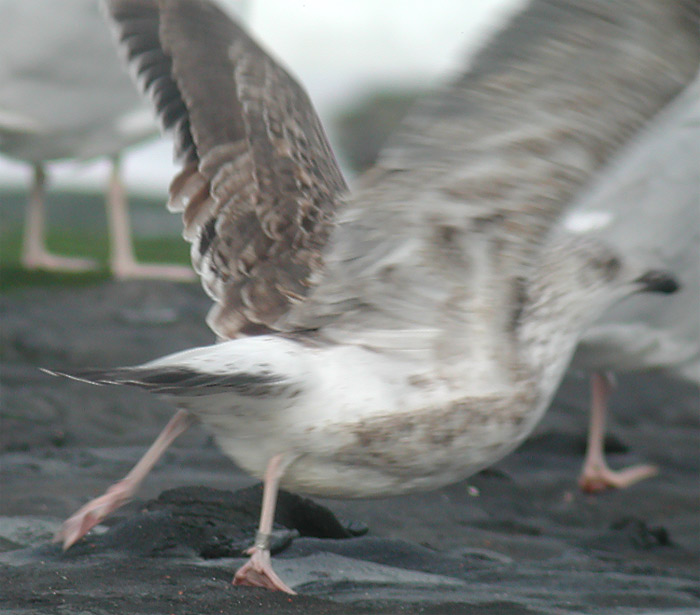 Lesser Black-backed Gull (graellsii & intermedius)
Lesser Black-backed Gull (graellsii & intermedius)
(last update: May 17 2015)
lbbg 1cy May
lbbg 1cy June
lbbg 1cy July
lbbg 1cy August
lbbg 1cy September
lbbg 1cy October
lbbg 1cy November
lbbg 1cy December
lbbg 2cy January
lbbg 2cy February
lbbg 2cy Mar-April
lbbg 2cy May
lbbg 2cy June
lbbg 2cy July
lbbg 2cy August
lbbg 2cy September
lbbg 2cy October
lbbg 2cy Nov - Dec
lbbg 3cy Jan-April
lbbg 3cy May
lbbg 3cy June
lbbg 3cy July
lbbg 3cy August
lbbg 3cy September
lbbg 3cy October
lbbg 3cy Nov - Dec
lbbg sub-ad Jan-April
lbbg sub-ad May
lbbg sub-ad June
lbbg sub-ad July
lbbg sub-ad Aug
lbbg sub-ad Sept
lbbg sub-ad Oct
lbbg sub-ad Nov
lbbg sub-ad Dec
lbbg adult January
lbbg adult February
lbbg adult March
lbbg adult April
lbbg adult May
lbbg adult June
lbbg adult July
lbbg adult August
lbbg adult September
lbbg adult October
lbbg adult Nov - Dec
(3 images) LBBG 2cy NOS 4139766 September 29 2004, Westkapelle, the Netherlands. Picture Pim Wolf.
The primary moult pace is very delayed compared to average 2cy Lesser Black-backed Gulls with P9-P10 still old and only P7 fully grown. All rectrices have been replaced for second generation tail-feathers with the fringes at the tips slightly worn. The rectrices may well have been moulted on the wintering grounds, about half a year ago. The exact timing of moult in the wing-coverts is difficult to interpret, but most feathers show a second generation-like pattern. However, some feathers are very worn at the fringes, while others, showing a similar pattern are very fresh, e.g. in the median wing-covert bar. In the greater covert bar, three central feathers are old second generation, very bleached brown. The corresponding secondaries underneath are still juvenile, while all other secondaries are second generation (bottom picture).
This is an intermedius LBBG, probably ringed as pullus at Vest-Agder, southern Norway. As soon as data are available, these will be added.


